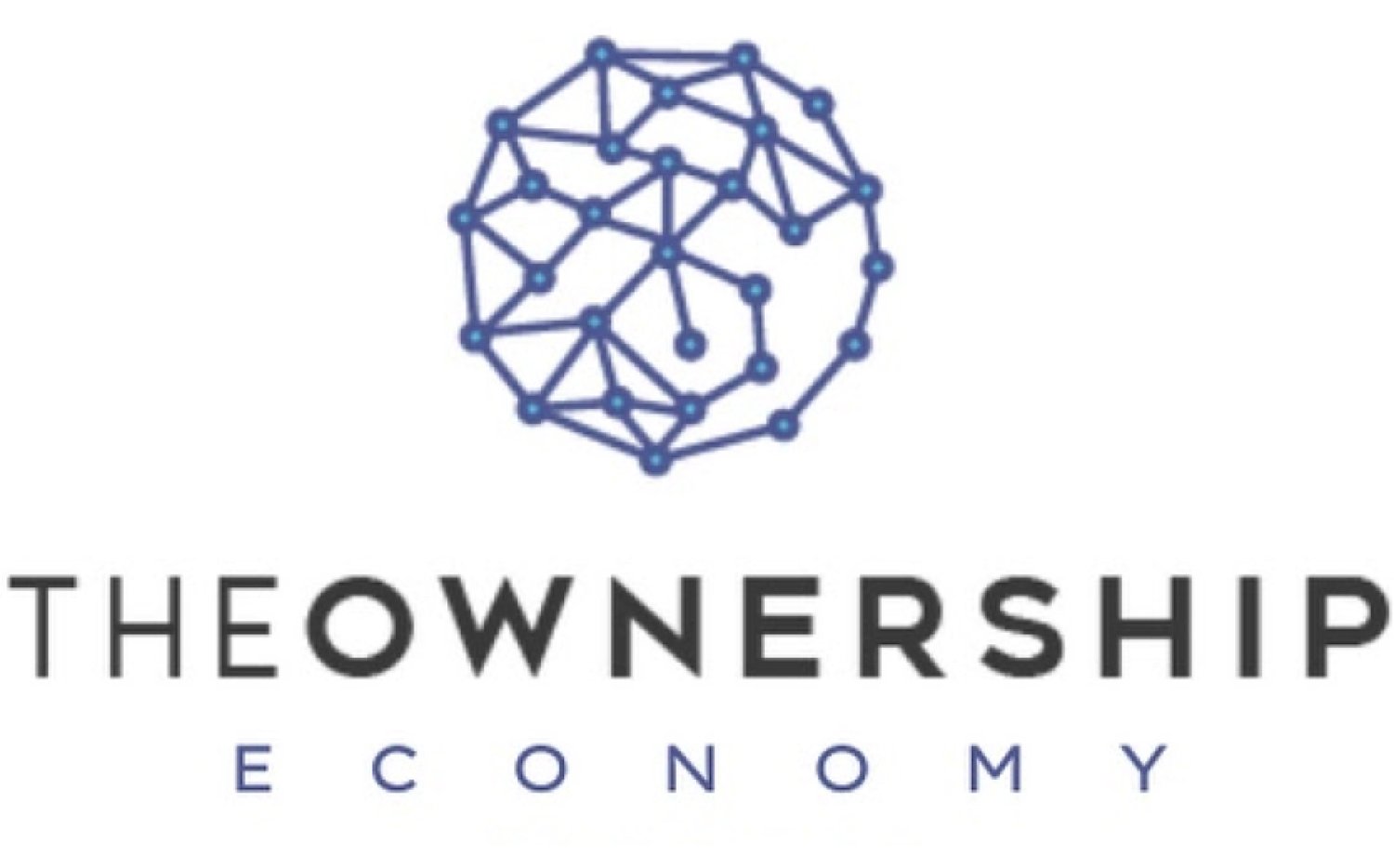Framework for Data Equity Aims to Address Growing Disparities in a Digital World
Data equity, a critical frontier in the digital age, requires a collaborative approach to achieve fair outcomes and protect human rights.
As data-driven technologies increasingly permeate global society, the need to address inequities in data practices has never been more urgent. The World Economic Forum’s Global Future Council on the Future of Data Equity has unveiled a comprehensive framework to drive equitable data practices, asserting that data equity is not simply an ethical aspiration, but a shared responsibility with broad implications for society.
Defining Data Equity in a Digital Landscape
At the heart of the Council’s initiative is a rigorous definition of data equity. As technological advances such as machine learning and generative AI continue to transform decision-making processes, the framework emphasizes that equitable outcomes will only be possible if fairness is embedded into the entire lifecycle of data—from collection to application.
The Council defines data equity as the “shared responsibility for fair data practices that respect and promote human rights, opportunity, and dignity.” This definition is intended as a cornerstone for organizations, policymakers, and industries looking to integrate equity into data systems. According to the Council, achieving data equity requires “strategic, participative, inclusive, and proactive collective and coordinated action” to ensure that data-driven outcomes are beneficial for all communities.
Jennie Sparandara, Managing Director and Head of Programs at JPMorgan Chase, underscored the urgent need for collective action: “Employee ownership is a powerful tool for fostering business resilience and building wealth for owners, employees, and communities.”
An Actionable Framework for Data Equity
The Global Future Council’s data equity framework comprises three key pillars: data, people, and purpose, which together encompass ten specific principles. This framework is designed not merely as a theoretical model, but as a tool to drive actionable impact. Taking inspiration from widely regarded principles such as FAIR and TRUST, as well as Māori Indigenous data sovereignty concepts, the framework is tailored to prompt organisations to reflect critically on their data practices.
Data: Encompasses characteristics such as accessibility and sensitivity. By assessing these features early in data projects, companies can minimise biases and promote fairness in data analytics and AI.
Purpose: Stresses the importance of clarity in data use, ensuring that data-driven insights serve the intended objective without unintended harm. Fairness in data practices, the framework argues, begins with purpose alignment.
People: Recognises the rights of those whose data is used. This pillar underscores accountability, ensuring that the data rights of individuals and communities are respected and safeguarded.
Practical steps are woven throughout the framework, including specific questions for consideration and actionable suggestions aimed at addressing inequities in different sectors. The Council believes this framework will help organisations consistently uphold equity while remaining compliant with global regulations and standards.
Applications and Implications for Climate and Social Data
Practical applications of the data equity framework can already be observed in fields such as climate monitoring and environmental data. Currently, significant data gaps in rural and remote regions—particularly in the Global South—hinder efforts to build accurate climate models and mitigation strategies. By employing data equity principles, such as investing in capacity-building and infrastructure for local data collection, organisations can enhance the accuracy of climate data and ultimately support more effective global climate action.
A Call to Prioritise Data Equity Across Sectors
The Council’s framework for data equity is an invitation to industries, governments, and communities to commit to fair data practices as a critical element of digital transformation. As technological capabilities advance, so too must awareness of their social impact. By building a foundation for data equity, the Council aims to ensure that the benefits of the digital age extend equitably across all sectors of society.
The Council’s vision is to create a future in which digital transformation drives not only technological progress but also social and economic inclusion. As the data landscape continues to evolve, the principles of data equity offer a pathway to align technological innovation with meaningful societal advancement.

